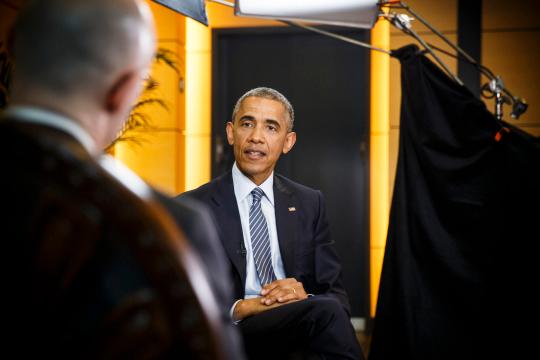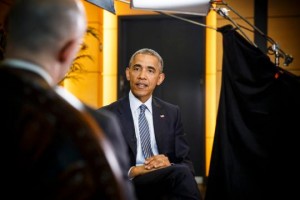What’s mostly going on here, though, is that frustrated liberals see in the Asian trade deal an opportunity to draw the line on globalization, period. No one thinks this deal is going to be the ruin of American workers, when all is said and done. What they think is that there has to be a moment when industry loses and the country finally turns its attention to the things you can do for workers, like raising the minimum wage (a more than reasonable suggestion) and relaxing rules that make organizing more difficult.
Taking a stand against the trade pact is really just a way of taking a stand against 30-plus years of policies that favored business over everyone else.
And this is what so frustrates Obama, to the point where he would come to make his stand at the headquarters of a company reviled by labor, almost as a provocation. Obama, as his detractors have often pointed out, is a study in cool-blooded analysis and professorial debate; whatever his gift of oratory, his real passion is for the triumph of reason over histrionics.
So you can see how it would annoy Obama no end that no matter how many mitigating facts and figures he throws at the opponents in his own party, their determination to sink the deal only intensifies. What they really want, it seems to him, isn’t a better trade deal, but rather a time machine that can transport us all back to the moment before globalization began.
Obama assured me that he’s right there with his party when it comes to making the case for a higher minimum wage or limiting the compensation of corporate executives — all part of the national conversation about inequality and how to address it. “We are going to have to concentrate on getting our own act together to make sure that workers are getting a bigger share of corporate profits,” he said. “But I’m not going to shrink the overall economic pie just because we’re mad about some things that have happened in the past.”
Source: Why Obama is happy to fight Elizabeth Warren on the trade deal

